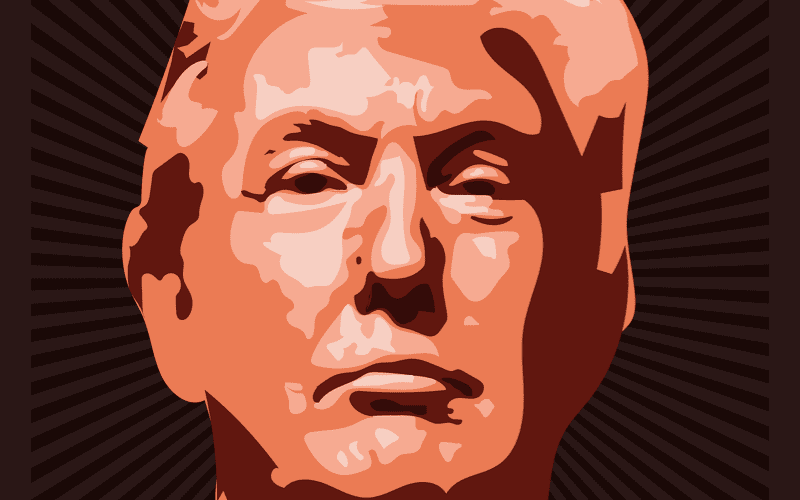Is Presidential Betting Unethical? Some Experts Say So
We’re officially a good chunk into 2024 now and with that comes the every-four-year clamor for a presidential election campaign that will give the United States the soap opera entertainment that they’ve so craved. With the campaign trail well underway for the two most likely candidates in Donald Trump and White House incumbent Joe Biden, there is growing coverage with polling and odds-setting forming a lynchpin of the media circus. However, there is a small contingent of critics who believe that the introduction of odds and betting markets on the next US president at sportsbooks and exchanges across the country and even further afield is problematic and sets an unwanted precedent that could ultimately influence the outcome of who lands the most important job in the world. Are they right and what does history show us in presidential betting?

Exchanges and Sportsbooks “Commodifying Democracy”
The idea of betting markets for major events such as elections is not entirely new. For decades now, oddsmakers on sports betting sites have found ways to offer wagers on the outcomes of these events and, in many respects, any form of financial trading could be gamed in such a way that was effectively betting on fallouts from elections or other political machinations. You only need to look at those who used the Brexit referendum in the UK to bet against the Pound for one example. However, this latest outpouring of disdain has come following the financial exchange Kalshi’s request for approval to offer trading on this year’s US presidential election. According to a report by Al Jazeera, there was an instant response from progressives and senators who expressed their concerns on the topic. A press release from a group of these senators called this a “mass commodification of our democratic process” and explained that it presented an issue with its integrity. That is a strong stance to take and one that shows a sense of worry in the corridors of the political institutions of the country.
The concern is understandable when considering the ramifications of being able to place a bet on something in which you are actively participating. Anyone who can vote in the election can also make a wager on the outcome, which is where this becomes problematic for many. Sydney Bryant of the Center for American Progress is quoted by that Al Jazeera report as saying that “electoral betting is really dangerous because it makes a huge financial incentive to voting”. This means that the odds that are most attractive may play a part in your vote, a sad indictment of the current political situation in the US. At the moment, according to polling data in The Economist, Trump is slightly ahead in the race. That is reflected in the betting odds and, as such, Biden sits at slightly longer odds. A bet on the 46th president to secure a second term would represent a fairly profitable one if it were to come home. That could swing a fence-sitter who was undecided on preference some would argue. Could this be the incentive for swing voters, then? Is a small win at the sportsbook or an exchange enough for someone to forget policy? That’s unclear but it’s clear that those in politics see it as a worrying potential.
Why is Presidential Betting a Problem Now?
As mentioned, this sort of market has been around for some time now. It has been said that participating in a vote is a form of betting – you’re picking your favored outcome in the hope that it comes home and that you “win”. However, it is the politically contentious nature of the modern day that appears to be turning people off to the idea of the election making a home at sportsbooks. The New Yorker discussed in 2022 how, despite often predicting the outcome of elections with more accuracy than polling data, prediction betting on elections gamifies the civic process and, as mentioned, could incentivize certain voting behaviors. It also comes at a time where, universally, sportsbooks and gambling as a whole are being scrutinized and the availability of so many markets has become a bone of contention. More than anything, the negativity is on betting, rather than just the act of wagering on a presidential election.
It does seem that, while interest in predictive betting is at a high, there will be greater pushback from those in power who aim to protect what they see as the sanctity of the democratic process. But it’s clear that those looking to offer the market to bettors won’t back down and there will also likely be conversations on both sides on how to progress. Whether or not it is unethical or has any real effect on the outcomes of elections is unclear and would be difficult to ascertain. Because of that, we’ll likely hear this conversation every time we see the candidates hitting the campaign trail.
